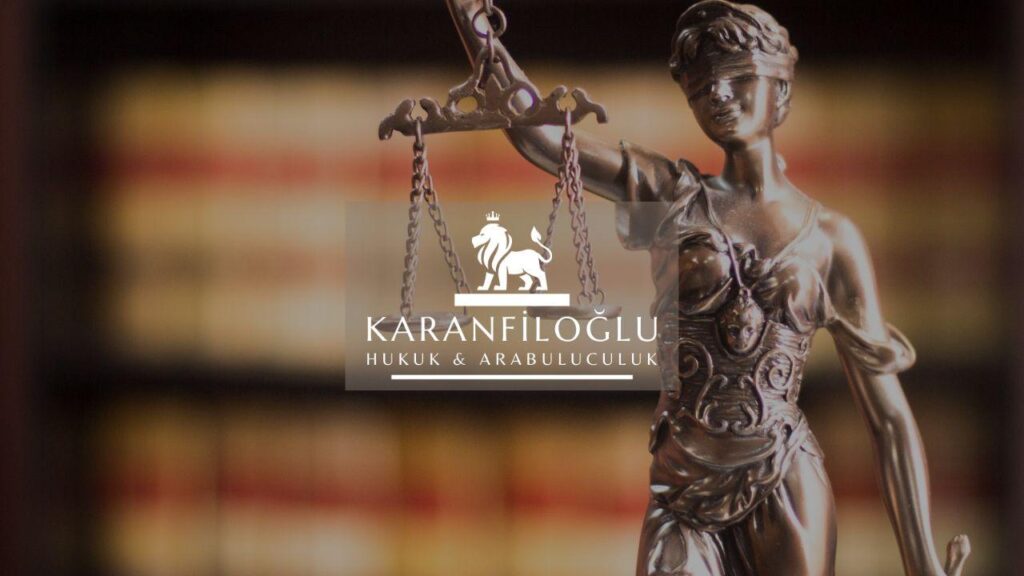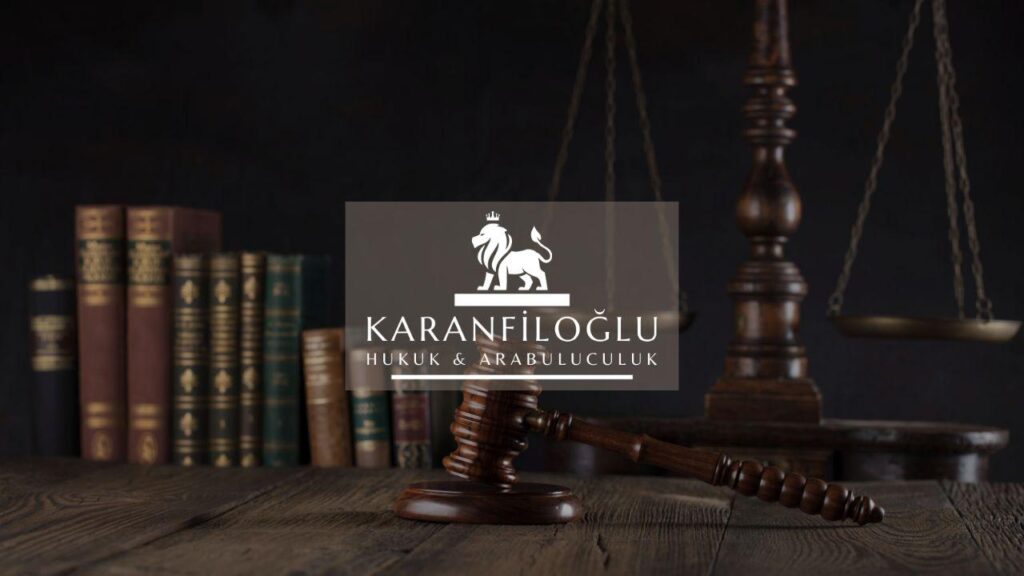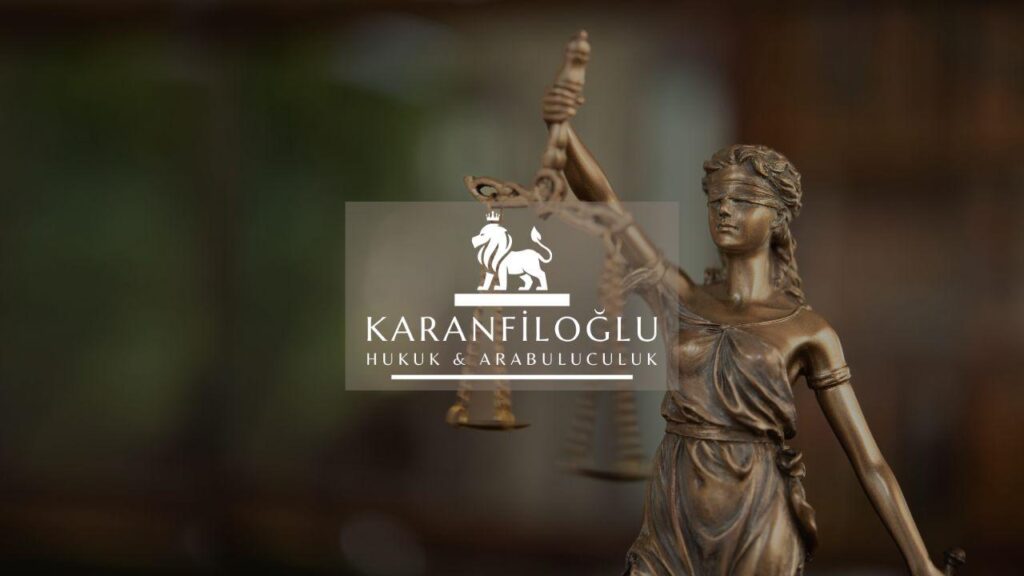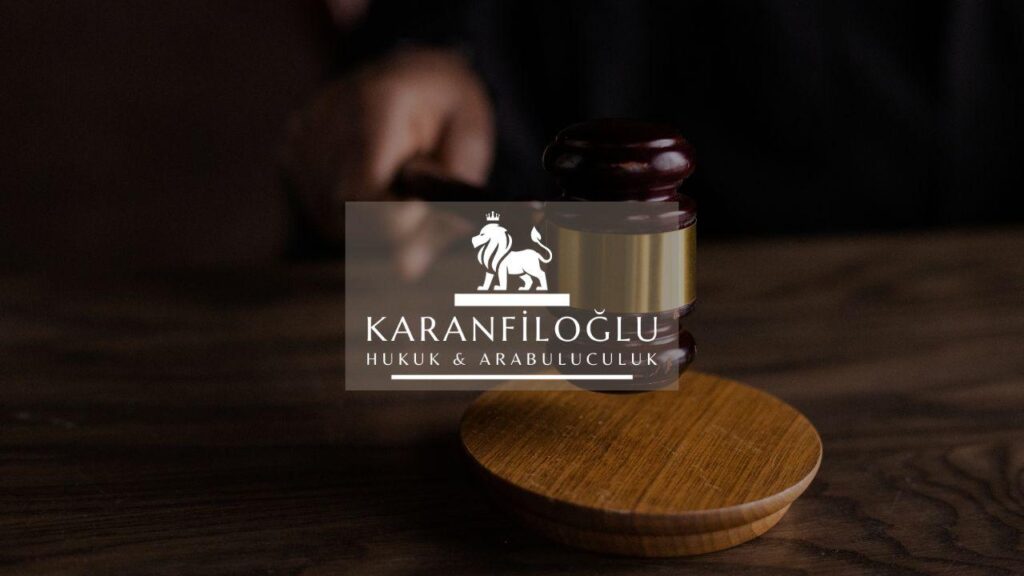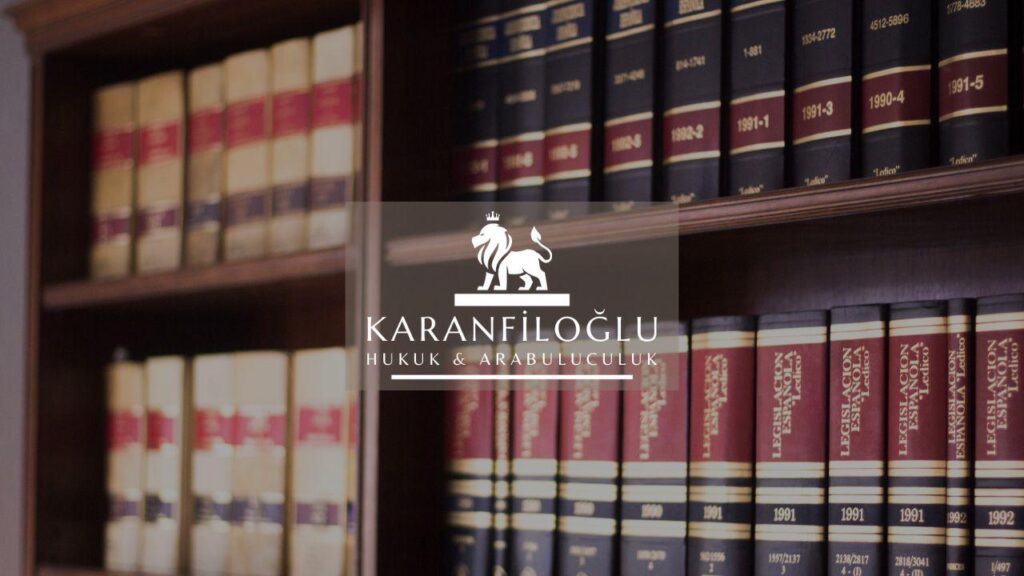At Karanfiloglu Law Office, handling property disputes in Turkey requires a thorough understanding of the complex legal framework, including the key provisions set out under the Turkish Civil Code (Law No. 4721) and the Code of Civil Procedure (Law No. 6100). Property disputes commonly arise due to disagreements over ownership, boundary issues, or succession matters, and it is essential to approach these issues with precision and legal expertise. Article 1023 of the Turkish Civil Code outlines the necessity of title registration, while Article 683 addresses the rights of ownership. Our experienced legal team is well-versed in navigating these regulations and advocating for clients’ interests through mediation, negotiation, or litigation. By leveraging our extensive knowledge and strategic approach, we aim to achieve favorable resolutions in an efficient and cost-effective manner. Trust Karanfiloglu Law Office to guide you through every step of resolving your property disputes in Turkey.
Understanding the Legal Framework for Property Disputes in Turkey
Understanding the legal framework for property disputes in Turkey begins with a comprehensive grasp of the Turkish Civil Code (Law No. 4721) and the procedures stipulated by the Code of Civil Procedure (Law No. 6100). Central to these disputes are the principles outlined in Article 683, which defines the rights of property ownership, granting full authority to the owner to use, enjoy, and dispose of their property within legal limits. Additionally, Article 684 delineates the rights and obligations linked to shared property, ensuring co-owners are protected under the law. To further solidify ownership rights, Article 1023 emphasizes the requirement for proper title registration. Together, these regulations form the cornerstone of property dispute resolution and protection in Turkey, ensuring disputes are handled with legal precision and clarity.
Furthermore, property disputes often entail complex issues regarding inheritance and succession, governed by Articles 599 and 713 of the Turkish Civil Code. Article 599 specifies that upon the death of an owner, their estate is divided among legal heirs in accordance with the law. This can sometimes lead to disputes among heirs about the distribution of assets. Article 713 addresses the resolutions of boundary disputes, emphasizing the importance of accurately defining property limits to prevent or resolve conflicts. The Code of Civil Procedure (Law No. 6100) provides the procedural framework for initiating and resolving such disputes in court, ensuring fairness and due process. At Karanfiloglu Law Office, our in-depth expertise in interpreting and applying these laws allows us to effectively advocate on behalf of our clients, navigating the intricacies of inheritance and boundary issues with adept legal strategies.
Navigating the legal framework for property disputes also involves understanding the critical role of mediation as an alternative dispute resolution method, as mandated by the Turkish Mediation Law (Law No. 6325). Article 18 of this law emphasizes the power of mediation to facilitate amicable settlements without recourse to lengthy litigation. In many property disputes, particularly those involving family members or co-owners, mediation can provide a more conciliatory forum for resolving conflicts while maintaining relationships. Additionally, Article 137 of the Code of Civil Procedure stresses the importance of preliminary examination and case management conferences, aimed at resolving issues expediently and minimizing court congestion. At Karanfiloglu Law Office, we prioritize out-of-court settlements when feasible, harnessing our mediation expertise to achieve effective and harmonious solutions. Should litigation become unavoidable, our vigorous representation ensures that our clients’ rights are robustly protected within the judicial system.
Steps to Initiate a Property Dispute Resolution Process
The first step in initiating a property dispute resolution process in Turkey is to conduct a comprehensive review of all relevant documentation and records. This includes examining the title deed (tapu senedi), property registration, and any existing contracts or agreements related to the property. Article 1024 of the Turkish Civil Code specifies that the title deed must reflect the true ownership, making it a critical piece of evidence. Once the documentation is gathered, the next step is to file a formal complaint with the relevant Civil Court of Peace (Sulh Hukuk Mahkemesi). According to the Code of Civil Procedure (Law No. 6100), particularly Articles 118 and 119, the complaint must include detailed information about the dispute, the parties involved, and the relief sought. This meticulous preparation ensures that the case is grounded on solid legal footing, improving the chances of a successful outcome.
After filing the complaint, the court may recommend or, in some cases, mandate mediation as outlined under Article 73 of the Code of Civil Procedure. Mediation serves as an preliminary step to facilitate an amicable resolution without the need for prolonged litigation. During mediation, a neutral third party assists both parties in reaching a mutual agreement. If mediation fails or is deemed inappropriate, the case proceeds to trial. At this stage, evidence is presented, and witnesses may be called upon to testify. Articles 187 to 292 of the Code of Civil Procedure detail the rules and procedures for presenting evidence and conducting hearings. It is crucial to meticulously adhere to these procedural requirements to ensure all relevant facts and legal arguments are properly considered by the court. Engaging experienced legal representation, such as the team at Karanfiloglu Law Office, can greatly enhance the prospects of a successful resolution by adeptly navigating these legal intricacies.
If the court renders a decision, the losing party has the right to appeal the judgment to a higher court, provided that the grounds for appeal are sufficiently substantiated. Articles 341 to 362 of the Code of Civil Procedure govern the appeal process, outlining the specific requirements and deadlines that must be followed. Additionally, enforcement of the court’s decision may be necessary if the opposing party fails to comply voluntarily. Under Articles 24 to 41 of the Enforcement and Bankruptcy Law (Law No. 2004), execution proceedings may be initiated to ensure compliance with the court’s judgment. Throughout this entire process, it is essential to seek experienced legal advice to navigate the complex legal landscape effectively. At Karanfiloglu Law Office, our dedicated team of attorneys leverages their deep understanding of Turkish property law and procedural nuances to provide comprehensive support, ensuring that your rights and interests are rigorously defended at every stage.
How a Lawyer Can Assist in Turkish Property Disputes
A lawyer’s expertise is crucial in navigating the complexities of property disputes in Turkey, particularly given the intricacies of the Turkish Civil Code and the Code of Civil Procedure. An experienced lawyer can effectively manage the procedural aspects mandated by Article 6100 of the Code of Civil Procedure, ensuring that all legal requirements are met through proper documentation and adherence to court protocols. Additionally, legal professionals can offer invaluable assistance in land registry matters, as specified under Article 1023 of the Turkish Civil Code, helping clients establish clear ownership and resolve disputes related to title registration. By offering tailored advice and strategic guidance, a proficient lawyer can help mitigate risks, expedite the dispute resolution process, and enhance the likelihood of a favorable outcome.
Furthermore, a lawyer can play a pivotal role in negotiation and alternative dispute resolution (ADR) methods, which are often favored in Turkish legal practice to avoid the lengthy and costly litigation process. Articles 35 and 36 of the Code of Civil Procedure highlight the importance of mediation and arbitration as viable options for resolving property disputes amicably. Experienced lawyers can represent clients in these proceedings, ensuring that their rights are protected while seeking a fair settlement. They will negotiate on behalf of the client, leveraging legal expertise and understanding of local property laws, to reach an agreement that respects the interests of all parties involved. This approach can save time, reduce stress, and minimize expenses, making it a highly attractive solution for those involved in property disputes in Turkey.
In cases where litigation becomes unavoidable, a skilled lawyer from Karanfiloglu Law Office can provide robust representation in court, diligently presenting evidence and arguments in accordance with Article 184 and subsequent articles of the Code of Civil Procedure. Our legal team is adept at handling court proceedings, from filing lawsuits to appealing unfavorable decisions, ensuring clients receive thorough and comprehensive legal support throughout the litigation process. Moreover, adherence to Article 25 of the Turkish Civil Code, which addresses the protection of property rights, is integral to our litigation strategy. By emphasizing these statutory protections, we strive to uphold our clients’ interests and achieve just outcomes in property disputes. Through meticulous preparation and adept courtroom tactics, we aim to secure favorable verdicts and safeguard clients’ property rights effectively.
Disclaimer: This article is for general informational purposes only and you are strongly advised to consult a legal professional to evaluate your personal situation. No liability is accepted that may arise from the use of the information in this article.


